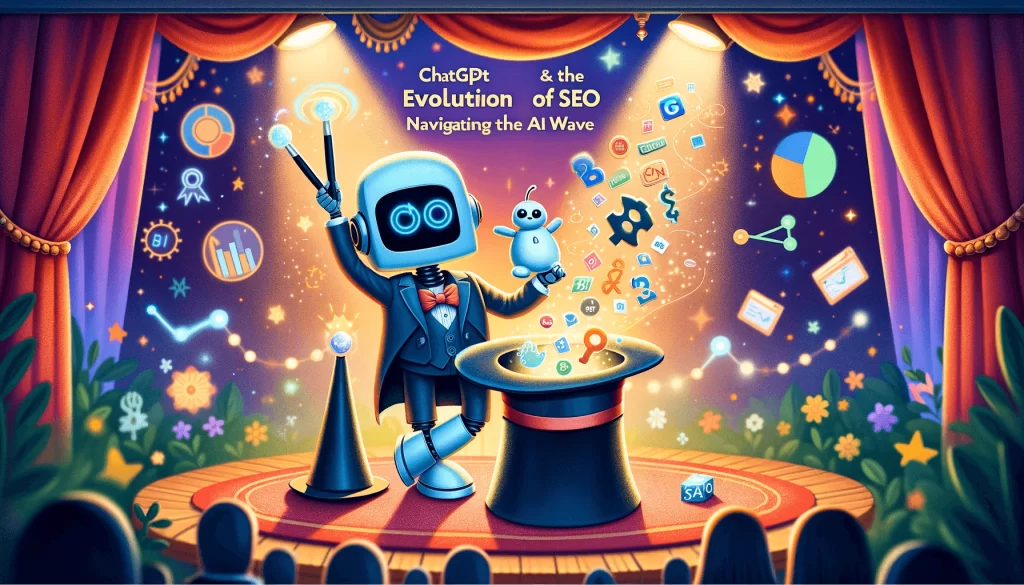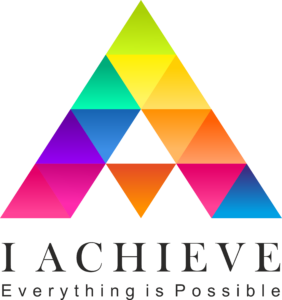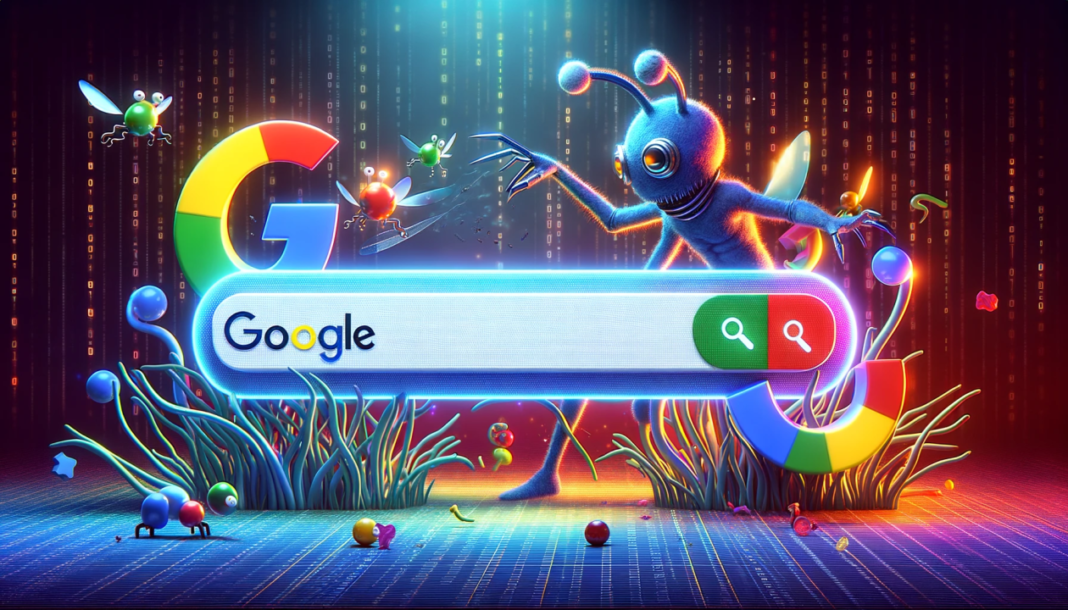The comparison between AI (Artificial Intelligence) and natural SEO (Search Engine Optimization) is nuanced, and both play crucial roles in enhancing a website’s visibility and performance in search engines. It’s not a matter of one replacing the other but rather how they can complement each other for more effective results. Let’s explore the strengths and considerations of both:

Natural SEO (Human-Driven SEO):
- Content Quality and Relevance:
Natural SEO often emphasizes the creation of high-quality, relevant content that addresses the needs and queries of human users. This involves understanding user intent and crafting content that resonates with the target audience. - User Experience:
Human-driven SEO focuses on optimizing the overall user experience, considering factors like website design, navigation, and ease of use. It aims to create a positive experience for human visitors. - Community and Relationship Building:
Natural SEO often involves building relationships and engaging with the online community. This can lead to organic link building, social shares, and positive word-of-mouth, all of which contribute to improved search engine rankings. - Local Optimization and Personalization:
Human-driven SEO can better address local search optimization and personalized user experiences. Understanding local nuances and tailoring content to specific demographics can be crucial for certain businesses. - Brand Building:
Natural SEO contributes to brand building by fostering a positive online reputation, creating valuable connections with the audience, and establishing authority within a particular niche or industry.

AI-Enhanced SEO:
- Data Analysis and Insights:
AI tools can analyse vast amounts of data to provide insights into user behaviour, preferences, and trends. This data-driven approach enables more informed decisions in SEO strategy. - Predictive Analytics:
AI can predict trends and changes in user behaviour or search engine algorithms. This predictive capability allows SEO professionals to stay ahead of the curve and adapt strategies proactively. - Automated Processes:
AI can automate certain SEO tasks, such as analysing large datasets, generating reports, and even optimizing content based on performance metrics. This automation can save time and increase efficiency. - Personalization and User Intent Understanding:
AI can enhance the personalization of content by understanding user intent and tailoring recommendations based on individual preferences. This contributes to a more engaging and relevant user experience. - Technical SEO:
AI can assist in technical SEO aspects, including crawling websites for issues, identifying duplicate content, and suggesting improvements to enhance overall site performance.

Considerations:
- Balance of Automation and Human Expertise:
While AI can automate certain tasks, a human touch is essential for understanding context, emotions, and cultural nuances. A successful SEO strategy often involves a balance of automation and human expertise. - Ethical Use of AI:
Ensuring ethical use of AI in SEO is crucial. Avoiding unethical practices, respecting user privacy, and maintaining transparency are important considerations.
In conclusion, the most effective SEO strategies often involve a synergy between natural SEO, driven by human insights and creativity, and AI-enhanced SEO, leveraging data-driven automation and analysis. The collaboration between human expertise and AI capabilities can lead to more comprehensive and successful search engine optimization efforts.









